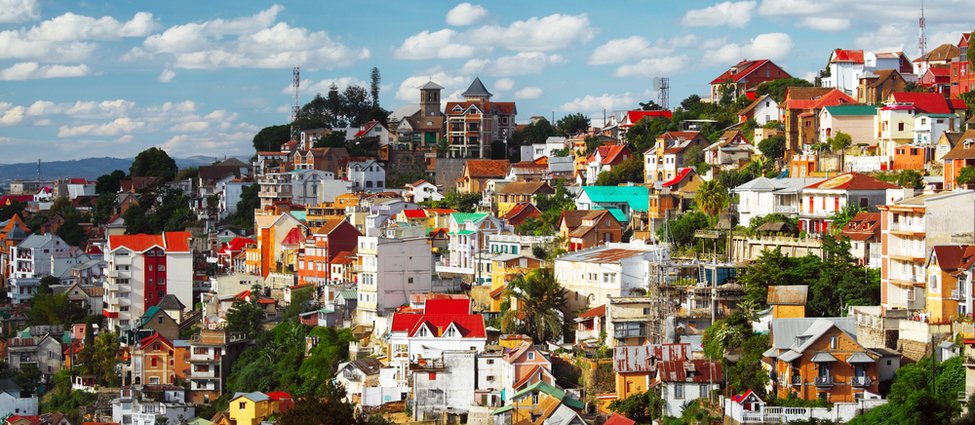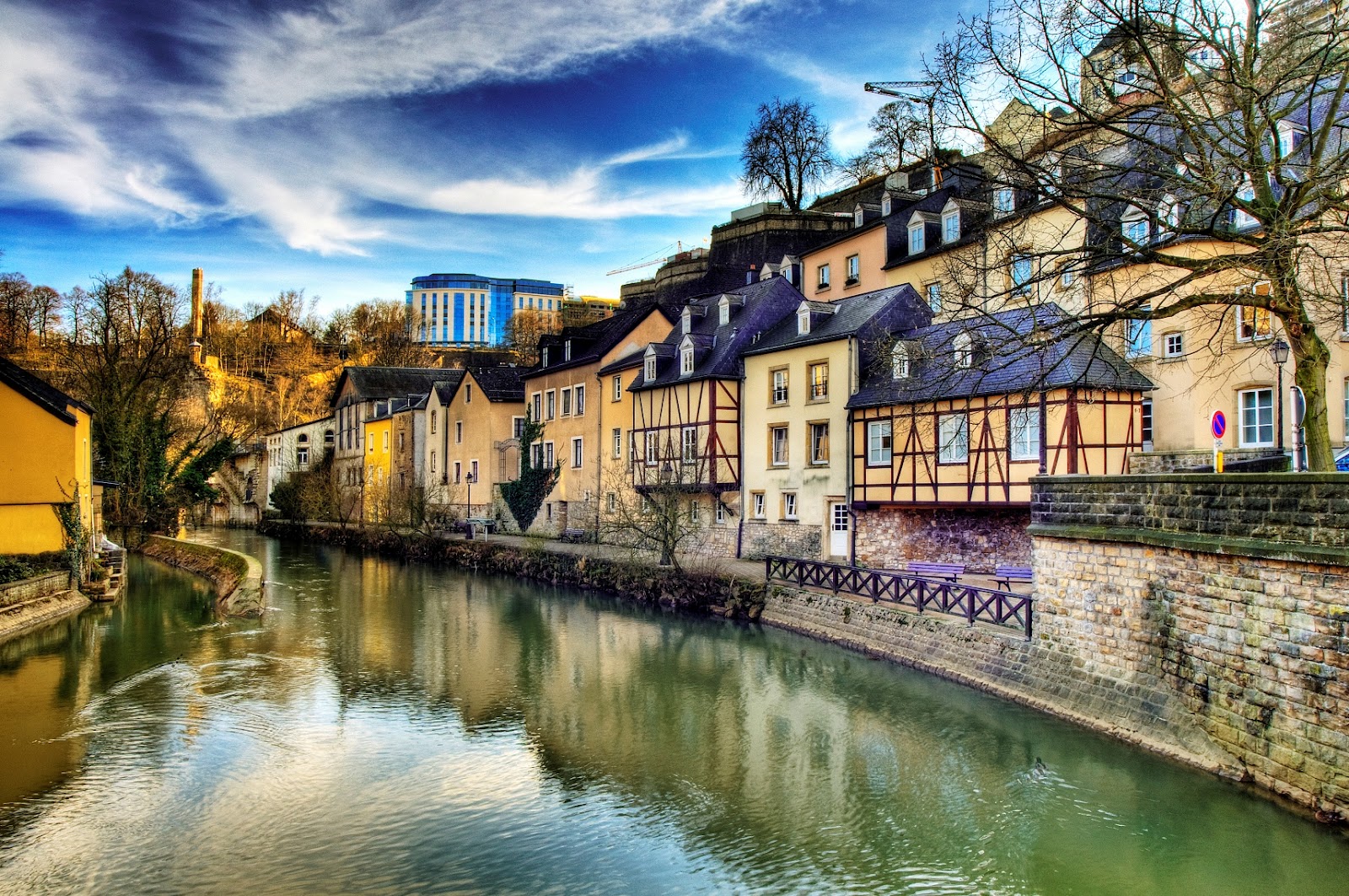The Making Of a Nigerian Party

‘First of all, go down low.’
Numerous canopies dot the small road in Osapa London, Lekki, loud *gbedu *music blasts from huge speakers, and women, old and young, dressed in colourful *Aso-ebi *dresses are grooving to the beat; their waists making a circular motion as their knees bend in agreement, this movement, *komole *is a standard dance move for the Yoruba clan. With sweat dripping down their backs, they’d swing their backs and waists in tune with their music, bending as low as they can. This is *Owa mbe. *
Urban Dictionary defines owambe as:
“A large, grandiose party thrown by Nigerians anywhere in the world, especially the Yorubas that involves a lot of food, dancing, loud music, and spraying (Nigerian term meaning the act of throwing money on a dancing person). There are often numerous guests, and usually the guests are divided into groups according to their aso ebi. These parties take days and sometimes weeks and months of preparation, and have been known to block entire streets and roads, especially in Nigeria.â€
These parties may be relegated to close relatives, or thrown open to people from anywhere. Everyone is welcome to join the party. With plenty food to go round, and enough drinks to drown an elephant, the partying usually runs all night long. *Owambe *translates to mean: we have it, so we can flaunt it. It happens during celebrations like weddings, birthdays, burials, anniversaries, naming ceremonies and sometimes for no other reason than to have a good time. They may take place in event halls but usually in erected canopies on the street side. There’s usually a live band, which is preferred so as to sing praises to the bigwigs in hope of getting sprayed. *Aso-ebi *translates to ‘cloth of the family’ and they are dresses sewn from Ankara and worn by family members – nuclear, extended or added by proxy.
These parties are the equivalent of the rowdy house party, there’s the celebrant, who either is worrying about the party going well, or being laid back and enjoying the party. There are the show-offs who like to spray money and just put their egos out there on the massage table. There are those who are there for the free booze, they drink and drink some more and are usually loud and obnoxious. There are the gate crashers and scavengers, who come for the free food and booze. Then there are beggars who loiter around, in hopes of getting leftover food or spare change. Of course, we must not forget the inevitable presence of pick-pockets, so guard your bags, watches and wallets, for the predator stalks its prey silently, waiting patiently to move in for its kill.
The food is usually steaming Jollof rice served with large chunks of chicken and beef but there could be a variety of several other local dishes like; fried rice, pounded yam, amala, and various types of soups; ofada *rice, with an abundant supply of drinks. The starter courses are usually peppersoup or *asun (spicy roasted goat meat). There is plenty food to go round for second or even third helpings.
The Yorubas have been described as the fun loving people of Nigeria. They live, laugh and spread their joy to all around. They will invite you into their homes and celebrate you like you were one of them. They will dance with you, cry with you, laugh with you and help you out of a tough spot before you even have to ask. They are filled with a bubbly spirit that seeks expression in flamboyant ways, but this is the culture of the clan and to tell them to desist from living like this is like shaving wood against its grain; it gets prickly and unsightly. So don’t bother arguing with these headstrong people, just put on your *Aso-ebi, *go to their *Owambe *and tap your foot to the beats of Don Jazzy while shaking your head to the lyrics of Wizkid.
Tomorrow you can be serious, but at the time of an Owambe, you boogie.


